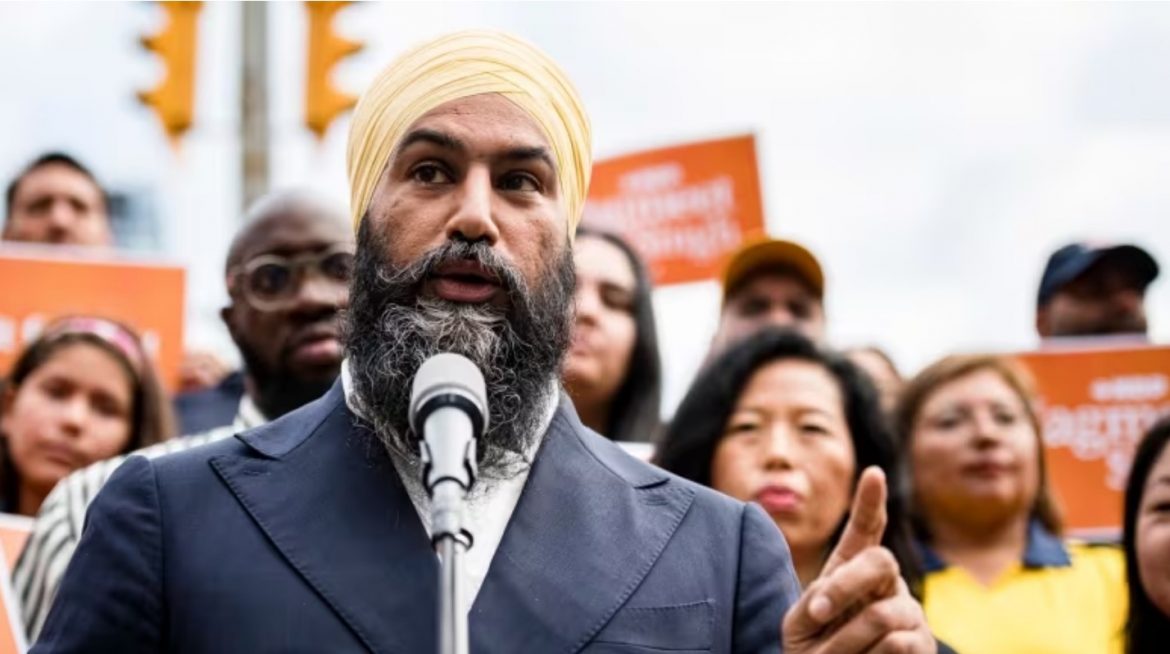Why the NDP-Liberal deal ended, and how its end affects the Canadian political landscape.
Photo Credit: Christopher Katsarov
Joseph Pontisso, Senior Staff Writer
On September 4, Canada’s New Democratic Party (NDP) announced its immediate exit from a supply-and-confidence agreement it had formed with Justin Trudeau’s minority Liberal government in 2022, almost a year before the deal’s scheduled end in June 2025.
In a video posted to social media, party leader Jagmeet Singh said that he had “ripped up the supply-and-confidence agreement.” The deal, the first of its kind in Canadian federal politics, has allowed the minority Liberal government to stay in power, getting NDP support in confidence votes for the last two and a half years in exchange for backing key NDP policies. Now, every new confidence vote will come with the possibility of ending Trudeau’s government, although political analysts are split over when they think an election will finally come.
Singh’s video comes as NDP members are frustrated with what the agreement has allowed them to accomplish, and amid worry that association with an increasingly unpopular Liberal brand my hurt them when an election is finally called. The NDP has been partially successful in advancing two of its largest priorities under the arrangement: national dental and pharmacare programs. Over 70% of dentists now take patients through the Canadian Dental Care Plan, while the national pharmacare bill passed the House of Commons in June, and is awaiting a vote in the Senate. Despite these developments, the party had been publicly threatening to pull out of their deal with the Liberals since February, when leader Singh expressed his frustration with slow progress on the pharmacare bill. An unnamed source told CBC that an often-repeated phrase within the party recently has been “we’ve got to get out.” Another unnamed source said that in June, the NDP caucus was told to expect an end to the agreement in the coming months. By then, “members of caucus understood we’ve kind of hit this limit in what the Liberals are prepared to do,” explained NDP house leader Peter Julian in a recent CBC interview.
The end of the deal will keep Canada’s federal political parties busy. Singh said in his announcement video that the Liberals were not ready to fight the Conservatives in “a battle for the future of the middle class,” no doubt looking to present the NDP as the new main opposition to Conservative leader Pierre Poilievre, while the Liberals will continue their summer caucus retreat hoping to regroup. The Conservatives will almost definitely table a confidence vote to try and force an election as soon as parliament resumes this fall, while the Bloc Quebecois have announced their willingness to prop up the current government in exchange for Liberal support of their own priorities regarding pensions and immigration.
Unfortunately, this political jockeying leaves Canadians without much clarity on when an election might come, although one will occur October 2025 at the latest. CBC reports political science professor Lori Turnbull from Dalhousie University as saying an election is likely in March or April, when budgets are usually voted on, while former national Conservative campaign manager Fred DeLorey said on CBC’s Power and Politics the day the news broke that a winter election was likely. On that show’s evening segment, federal NDP president Mary Shortall declined to comment on when she thought an election would occur.
Canadian politics should remain interesting – for how long, we can only guess.



